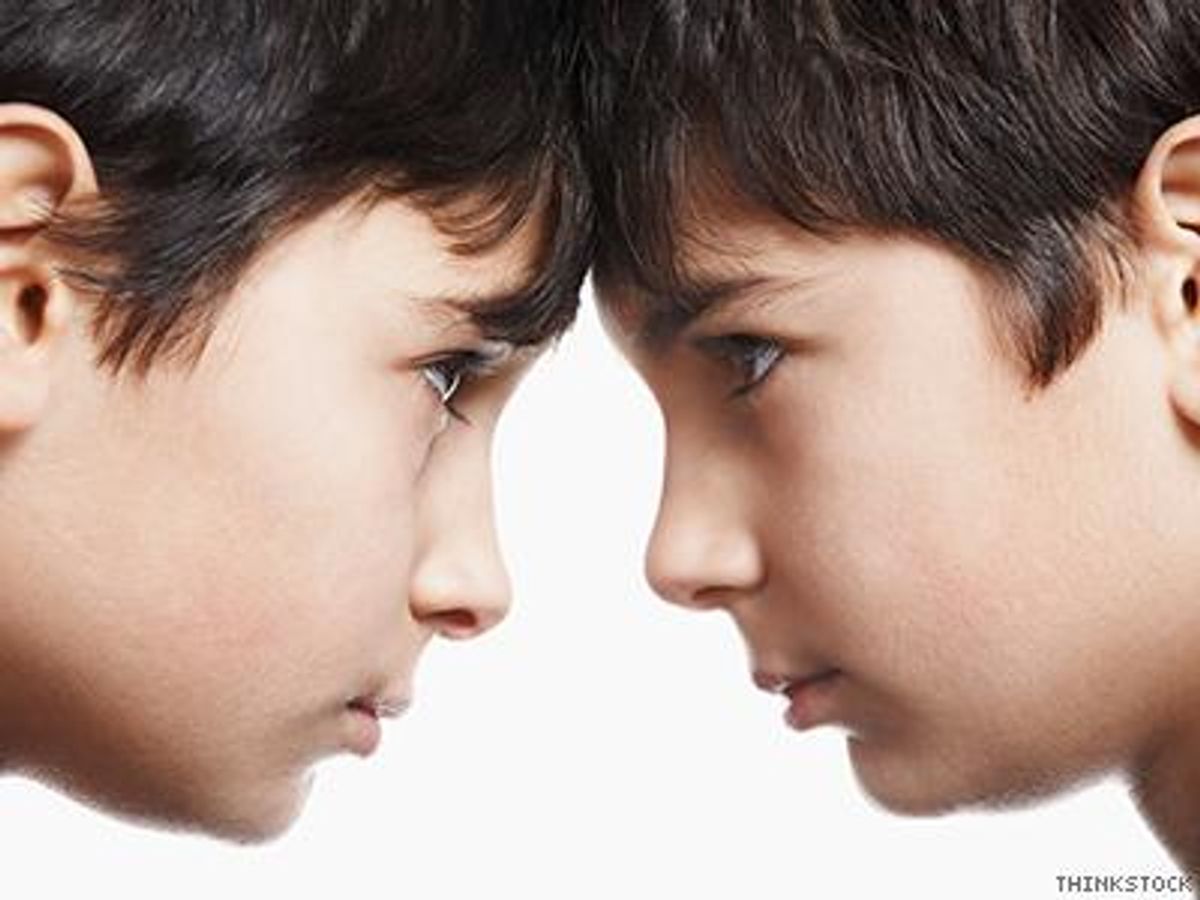A new study scheduled for publication in Psychological Science provides strong evidence that trans children's understanding of their own gender identities is indistinguisable from that of their nontrans (cisgender) peers and siblings.
Lead researcher Nicholas Eaton, Ph.D., of Stony Brook University and colleagues at the TransYouth Project say that the trans kids they studied showed a clear, deeply rooted understanding of what gender identity means, running counter to common assumptions that trans kids are "pretending" or "confused" about their gender.
To reach their conclusion, the researchers assigned the same set of tasks to 32 trans children, 18 of their siblings, and 32 nontrans children, all aged 5-12, according to a statement. The tasks included some that were easier to maintain a common "control" for, like asking each child the gender they identified with, while others were harder to control, like measuring reaction time to computerized tasks that researchers believe clarify a subject's attitudes and beliefs, separate from social or parental pressures.
After the tasks were completed, the data showed that the trans kids and their cisgender siblings and peers showed the same aspects of "gender cognition."
"Across all these tasks, across the more and the less controllable measures of gender development, our transgender participants look just like other kids, but in the direction of their gender identity rather than their sex assigned at birth," says Dr. Eaton.
While these are only the initial findings of research Eaton and his team plan to continue by repeatedly following up with the subjects over a long period of time, Eaton considers the results decisive enough to inform families, health care providers and institutions in their approaches to trans youth.
"As schools and organizations struggle with how best to accommodate and include transgender children -- in public restrooms, in locker rooms, on sports teams -- our results inform the debate and support honoring the needs and identities of the transgender children," said Eaton. "We can help families understand the needs of these children, and we can also help schools, medical providers, and society more broadly understand how best to think about and include these kids in all aspects of life."


















































































